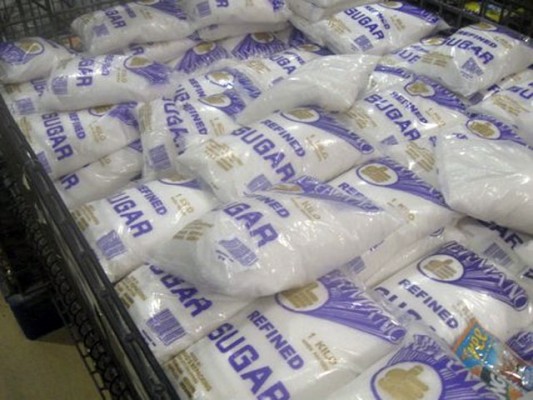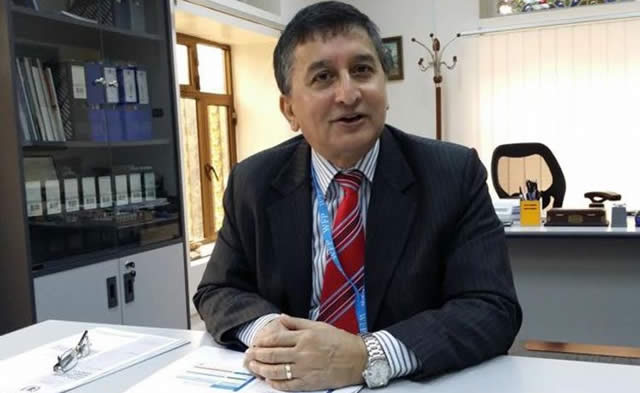Zim to impose duty on sugar imports


ZIMBABWE will from January next year impose a 10 percent duty on all imported sugar to protect the local sugar industry that has been negatively affected by a slump in sales. Industry and Commerce Minister, Mr Mike Bimha confirmed the development. He said this followed concerns by the sugar industry. “We are moving as Government to make sure that we protect our industries through legislation that promotes fair competition,” said Minister Bimha.
Tongaat Huletts Managing Director, Mr Sydney Mutsambiwa, welcomed the move.
“We have been advised that the import duty on sugar will be effective in January next year and this is a welcome development to us.
“Like any other industry we applaud Government for its stance in protecting local producers through legislative means,” said Mr Mutsambiwa.
Sugar cane farmers have been calling on the Government to ban the importation of sugar, saying the industry was producing enough product for the local market.
Zimbabwe Sugar cane Development Association chairperson Mr Edmore Veterai said there was no sugar shortage in the country, hence no reason for imports.
He said the sugar cane industry employed over 25 000 people and their jobs need to be protected.
“It is disturbing to note that businesspeople continue opting for imported sugar when we have plenty of sugar in the country. The trend is worrying because it is the local industry that suffers,” said Mr Veterai.
“Zimbabwe has surplus sugar, such that we should not be seen importing. Instead, we should be exporting. There should be deliberate policy on these imports to protect the local industry before it is too late.”
Meanwhile, Mr Mutsambiwa said his company is set to cede 6 000 hectares of land to Government, which is poised to increase sugar production next year
The country produced 488 000 tonnes of sugar last year with the figure expected to retain this year.
Mr Mutsambiwa said the 6 000 hectares of land had already been cleared and Tongaat would soon surrender it to Government, which will be responsible for its allocation.
It is reported the land would be allocated to the country’s traditional leaders.
Traditional leaders, most of them from the Shangani-speaking community in the Lowveld, had questioned the company’s alleged refusal to cede the land.
“We have finished the expansion of land on which farmers would grow sugar cane and the land is almost ready for use,” Mr Mutsambiwa said.
Some of the traditional leaders that are set to benefit from the cleared land are Chiefs Sengwe, Gudo, Tshovani, Masivamele, who are all in Chiredzi district in southern Zimbabwe. — Business Reporter/CAJ News.









Comments